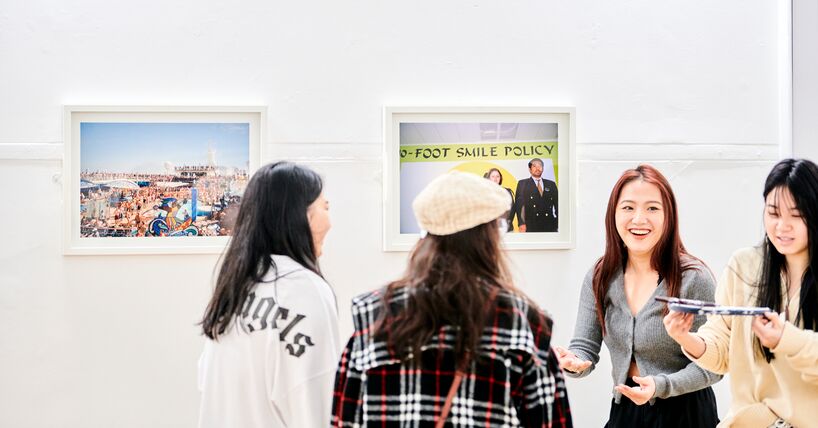Museum Studies
For more than thirty years the Museum Studies MA programme at Newcastle University has been bringing together academic researchers and students from around the world to think about:
- what museums are for
- who they are for
- how they work with objects, collections, stories and communities
- why they have a role to play in addressing contemporary and future societal challenges
On our programme you'll explore the practical challenges that museum professionals face and gain the critical thinking, knowledge, skills and confidence needed to pursue successful careers in the sector.
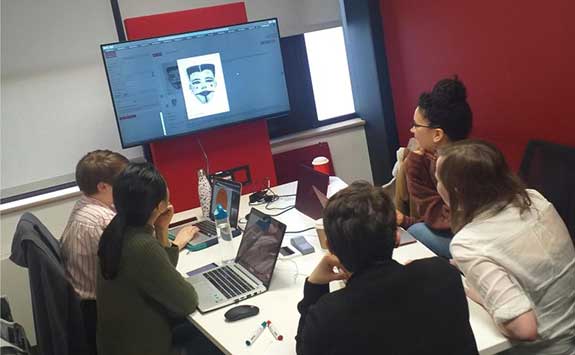
Why study Museum Studies at Newcastle?
World-leading research
Our programme is taught by world-leading researchers in the multidisciplinary field of museum studies. Our academics have expertise in subjects such as:
- visitor studies
- identities, conflict and migration
- material culture
- memory studies
- digital heritage
- cultural gerontology
- tourism
- community engagement
86% of the research outputs in our department were ranked as internationally excellent or higher in REF 2021.
Facilities
We offer a balance of theoretical and practical learning. This includes a combination of teaching methods and cultural and digital resources. You'll also have unique access to our University museum and The Great North Museum: Hancock (GNM). At GNM you'll also have access to exhibition spaces and archaeological, natural history and world cultures collections.
We have significant national and international partnerships in the museum and heritage sector, such as:
Sector experience
On our programme you'll co-lead a curatorial project in collaboration with the GNM. The project will be open to the public, with thousands of visitors seeing your work.
There are also two placement opportunities across the year. The first is a 10/12-day placement and the second is a longer 25-day placement. These are arranged through our extensive network of placement partners. You'll also connect with and learn from museum professionals throughout the programme.
As part of our flagship Museum, Gallery, and Heritage (MGH) Futures scheme, you can also design and lead your own activities and events. From interview training to funded trips and panel sessions – you get to choose what interests you.
At the Centre for Heritage you can network with heritage researchers across the University. You can also attend workshops, events, and public lectures with heritage researchers and practitioners from around the world.
Our programme also includes field-trips to regional and national museums. We also have optional residential study visits to London and Edinburgh.
Worldwide alumni network
Upon graduation, you'll become part of an established network of graduates. Our graduates now work all over the world in a huge variety of roles. We’re very proud of our international community, and regularly invite our graduates back so you can benefit from their experience and get to know some familiar faces in the sector.
How does the programme balance theory and practice?
We’ve created a stimulating and inclusive learning environment, with diverse disciplinary expertise and cultural experiences. Our teaching is both hands-on and research-led.
Teaching sessions take place in our city centre campus on a weekly basis during term time. As part of the programme you’ll have:
- lectures
- workshops
- group discussions
- seminars
- hand-on practicals
You will combine theory and practice by using resources from our cultural venues. We have extensive museum studies resources in the Robinson Library and tailored digital resources available on Canvas, our virtual learning environment.
You will have the opportunity to learn about real-life case studies from invited museum practitioners and participate in facilitated visits to museums and exhibitions that will help you to understand how theory becomes practice.
As a Museum Studies student you will have access to advanced practice-based learning through:
- a semester-long group curatorial project in collaboration with the Great North Museum: Hancock
- either a short (10/12 day) or long (25 day) work placement with a local or national cultural organisation
- at the end of the course, a 60-credit research project - either a dissertation or a placement based project
What will I learn whilst on this programme?
Our modules help you to explore the big questions facing museums across the globe, such as:
- why do societies have museums?
- what is material culture and how do different societies and communities value objects, archives and stories?
- how can museums prioritise the needs and aspirations of their different stakeholders?
- what is the place of museums in digital societies and online networks?
- do museums have a role to play in promoting social justice or in debates about climate crisis?
- what will museums of the future look and feel like?
Through our teaching you will learn :
- where museums come from and why these histories matter
- how museums are funded, governed and managed, and why
- who visits museums, physically and online (and who doesn’t), and what their motivations are
- how to identify the barriers preventing people from visiting museums, and how to overcome them
- how to open a dialogue with communities and work ethically with them;
- best practice on collection management, storage conditions and care for diverse collections
- how learning and communication theories underpin successful museum interpretation and storytelling.
Through real-life projects, practical assessments and placements you will develop the skills needed to:
- handle a variety of museum objects
- research and write an ‘object biography’
- undertake ‘visitor research’ to learn what people think about museums, exhibitions and events
- analyse exhibitions and displays
- write interpretive texts and labels to make them engaging and inclusive for different audiences
- develop exhibitions, curatorial projects and public programmes to appeal to a diverse range of visitors
- market museum work to both internal and external stakeholders
- use evidence to articulate what difference museums make to society
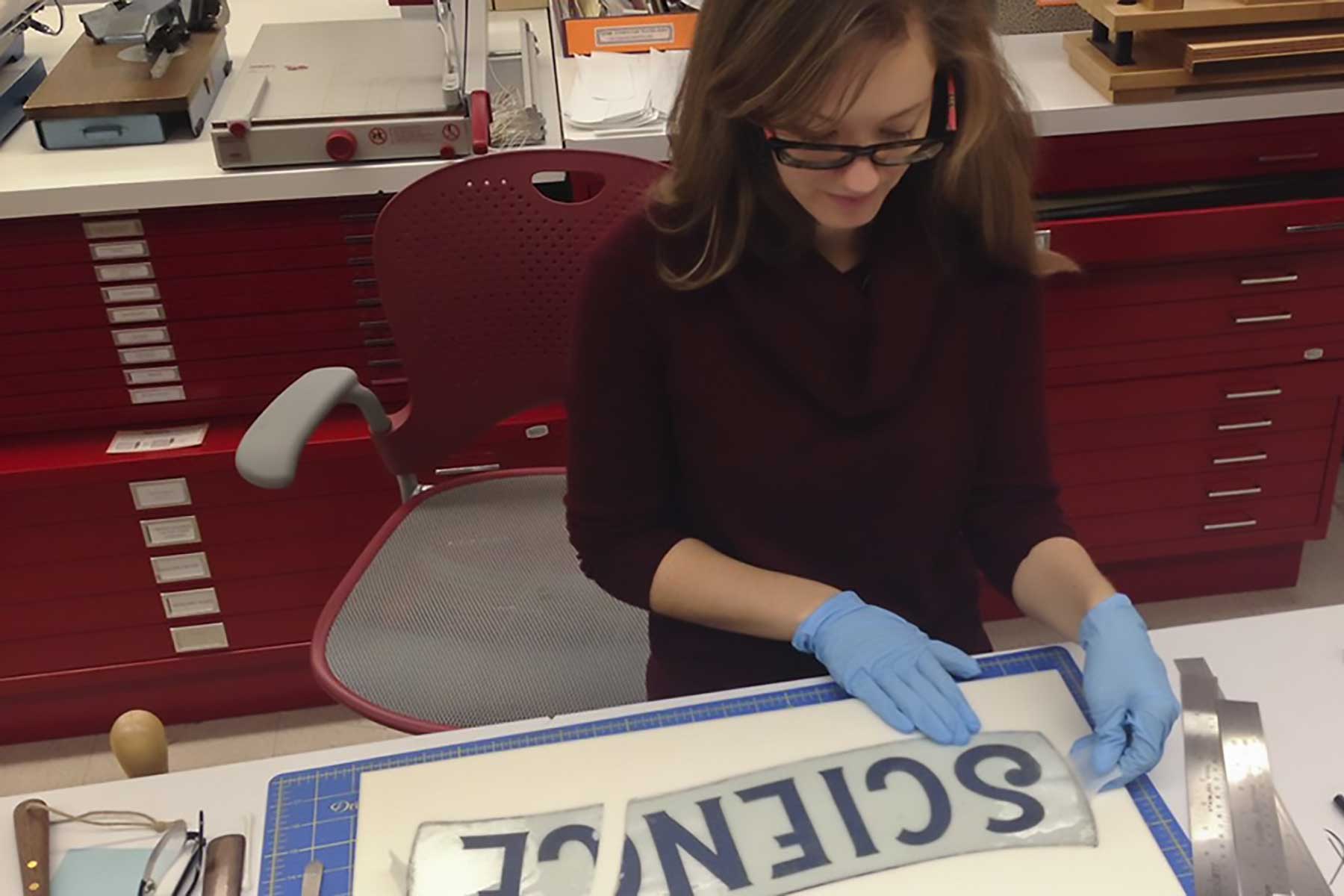
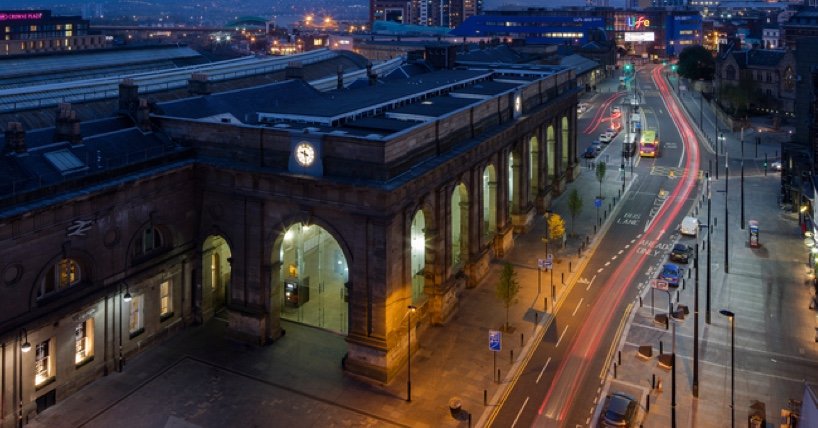
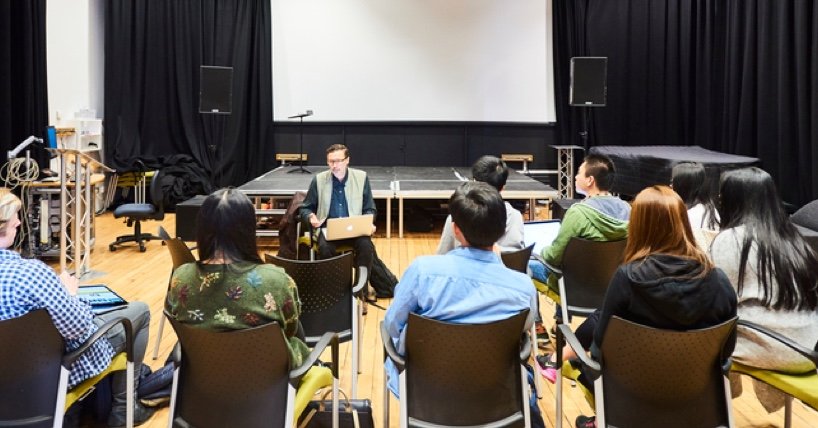
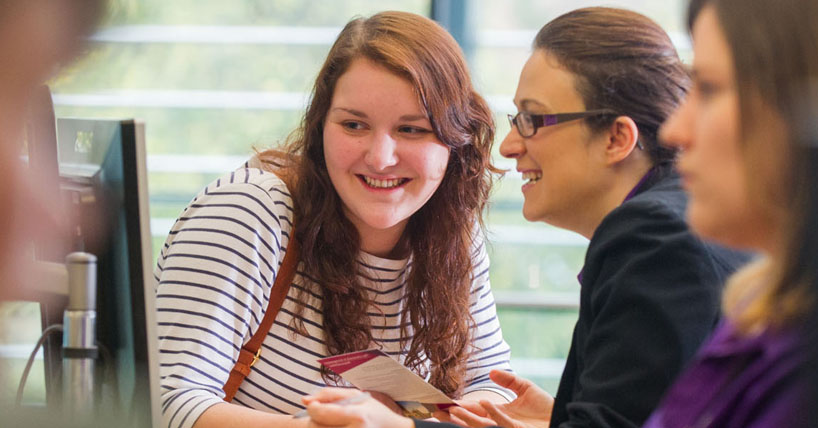


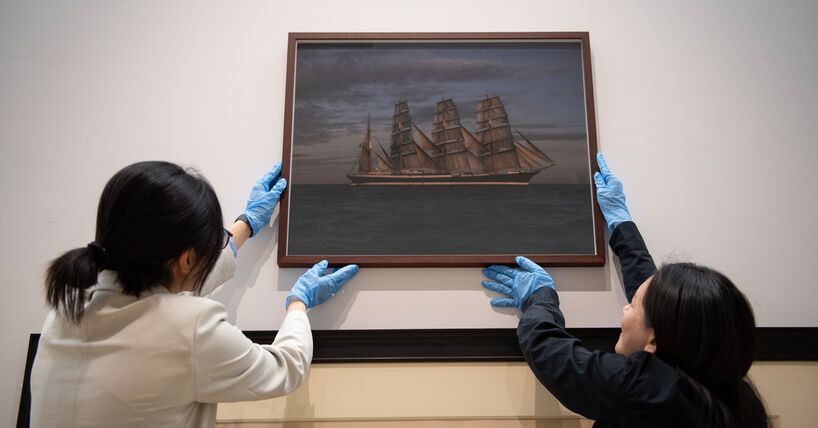
.jpg)
